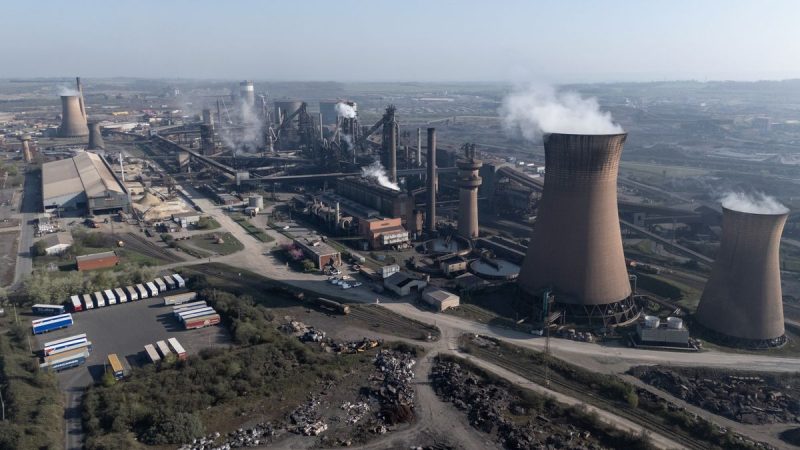
Whispers of a deliberate plot to undermine British Steel’s Scunthorpe plant are swirling through government circles. The allegations, as reported by The Independent, suggest that the plant’s Chinese owners may have orchestrated a sabotage campaign, leaving the future of the facility and its workforce hanging in the balance. This isn’t just another story of economic downturn; it’s a potential case of international corporate espionage with far-reaching consequences.
The government, actively involved in desperate rescue attempts, believes that evidence points towards a calculated effort to weaken the Scunthorpe plant. The specifics of this alleged plot remain shrouded in secrecy, with officials understandably tight-lipped to avoid jeopardizing any ongoing investigations. However, the severity of the situation is evident in the intensity of the government’s intervention and the urgency with which they are pursuing the matter.
The implications are staggering. If the allegations are proven true, it would represent a significant breach of trust and a blatant disregard for the livelihoods of British workers. It would also raise serious questions about the oversight of foreign ownership within key industries and the need for stronger protections against such potential acts of sabotage. The economic fallout, already considerable, would be amplified further by the revelation of deliberate corporate malfeasance.
While the evidence remains undisclosed, the very existence of this investigation sends a powerful message. It highlights the vulnerability of national industries to external pressures and the potential for corporate actions to have devastating impacts on local communities and the national economy. The investigation’s outcome will not only determine the fate of British Steel’s Scunthorpe plant but also set a crucial precedent for future foreign investments and corporate accountability.
This developing story demands close scrutiny. As more information emerges, we will continue to update our readers on the unfolding situation and its potential ramifications for the British steel industry and the wider global economic landscape. The question remains: was this a case of simple mismanagement, or was it a calculated act of corporate sabotage orchestrated from afar?










